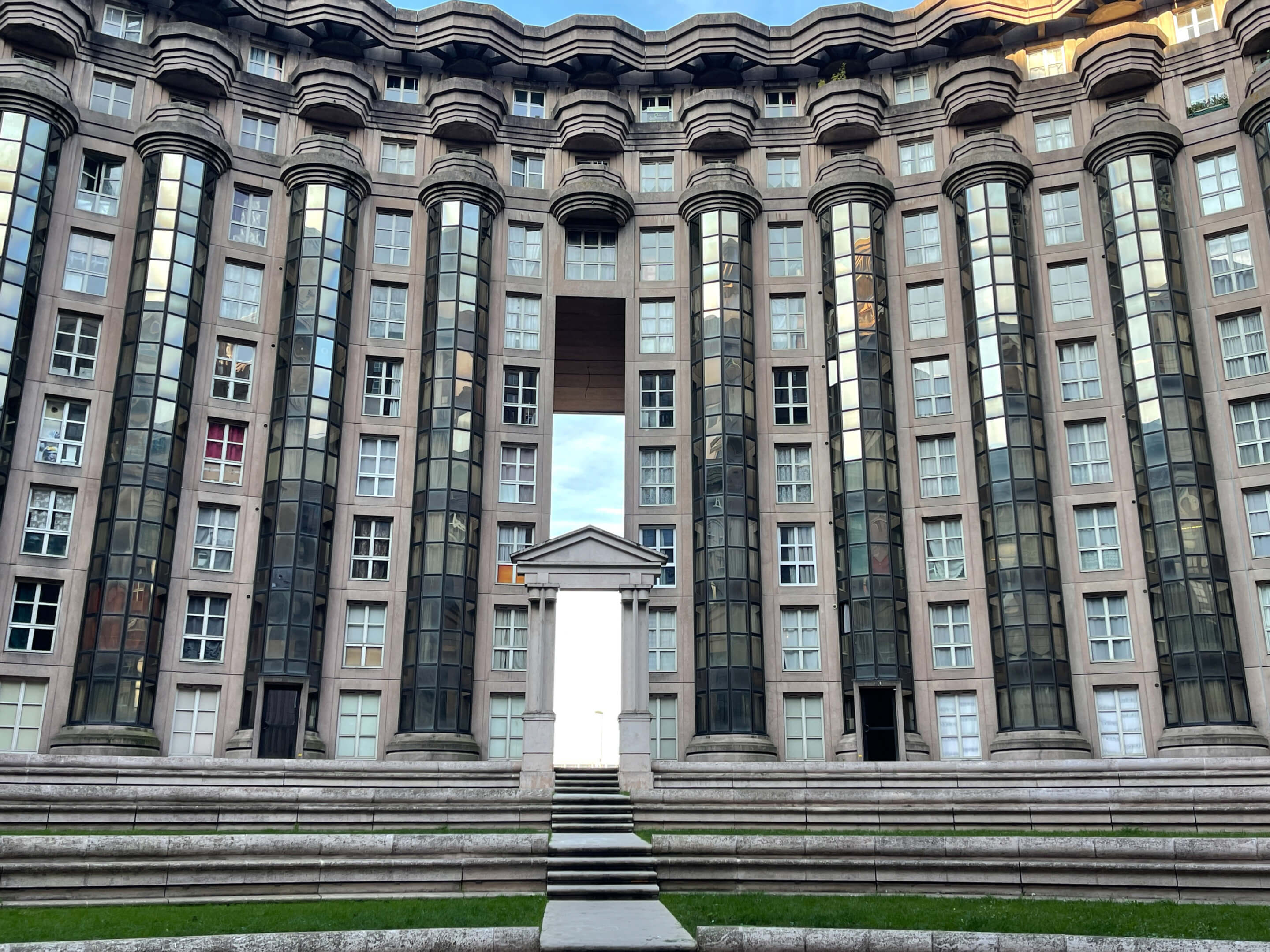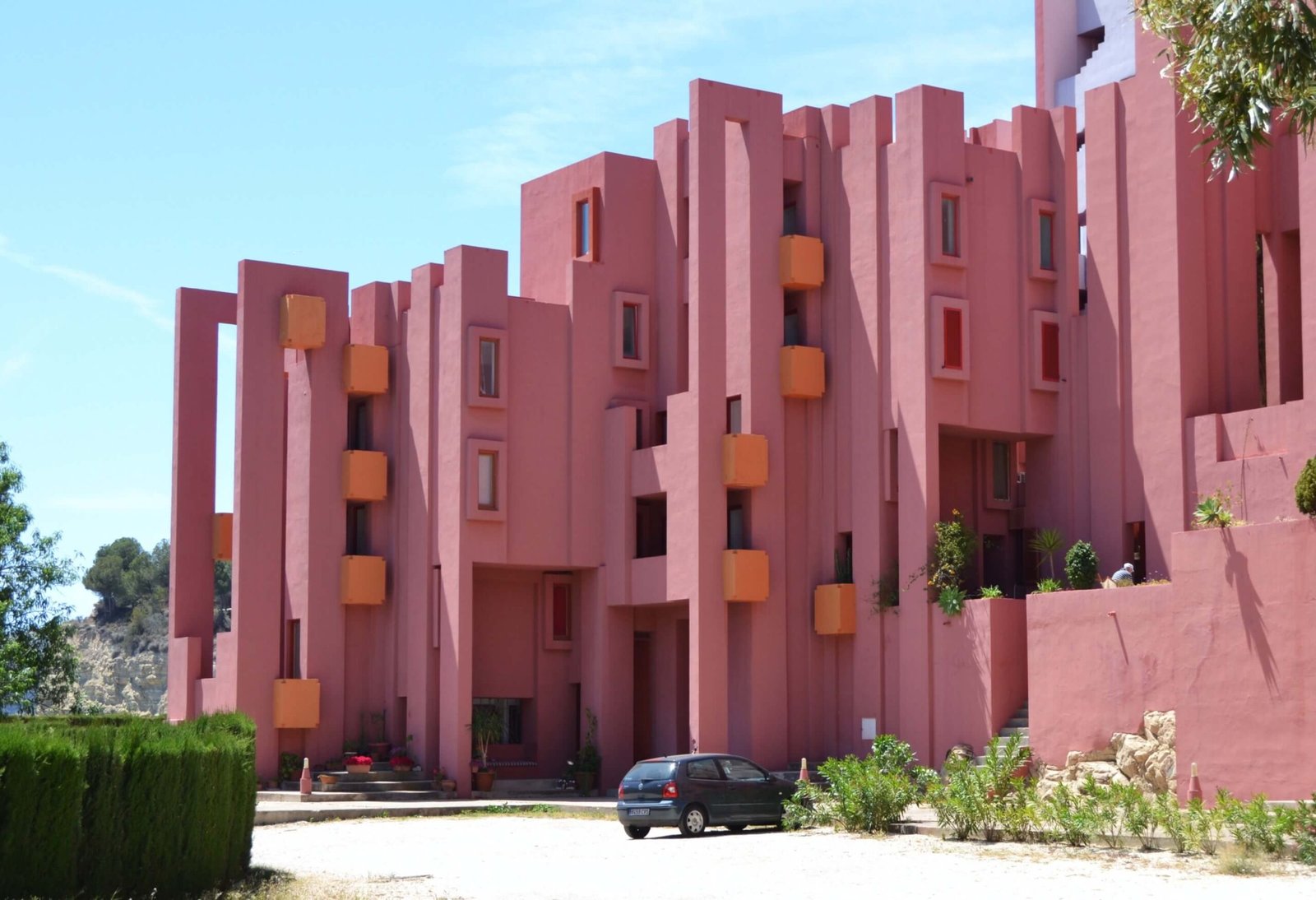Postmodern Spanish architect Ricardo Bofill passes away at 82
Ricardo Bofill, the Spanish architect whose monumental factory conversions and starkly colored housing blocks served as inspiration (and sometimes as literal backdrops) for countless films, games, and television shows, has died at 82.
The news was announced this morning by the firm he founded in 1963, Ricardo Bofill Taller de Arquitectura (RBTA), via three Instagram posts and confirmed to Reuters by his assistant. Bofill passed today, January 14, and no cause of death has been made public at the time of writing.
Born December 5, 1939, in Barcelona, Spain, Bofill studied architecture at the Geneva University of Art and Design in Switzerland after being exiled from Spain in 1958 for his affiliation with the Unified Socialist Party of Catalonia. At the age of 23 in 1963, he founded the aforementioned firm that bears his name.
Over the course of Bofill’s nearly-60-year career, he would realize more than 1,000 completed projects and consistently drew praise for his monumentally scaled, heavily ornamented buildings. In 1975, RBTA completed two of Bofill’s most famous projects; Walden 7, a series of 18 interconnected towers built in modules that together form a 446-unit subsidized housing complex just outside of Barcelona, and La Fábrica, the cement-factory-turned home and office for Bofill and RBTA. Both projects sit on the same lot, making them irrevocably intertwined.
La Fábrica remains active, both as an office and reference point for RBTA’s work, but also as a pop culture backdrop (aside from Westworld season 3, the home was also toured in a 2002 episode of Cribs). But a number of Bofill’s other projects have won equal reverence over time.

From the blocky, postmodern housing complex of La Muralla Roja in Manzanera, Spain, whose bright, M. C. Escher-like staircases continue to circulate across design blogs and Pinterest (and was likely referenced in Netflix’s Squid Game), to the glassy tower of 77 West Wacker Drive in Chicago, to the palatial Les Espaces d’Abraxas apartment ring in Paris, RBTA’s span of work proved that Bofill was just as concerned with imparting individuality as he was with experimentation.
According to Archdaily, RBTA will now be led by Bofill’s sons, Ricardo Emilio and Pablo. A public ceremony for those who wish to pay respects will be held at La Fábrica on January 26 and 27 for those wishing to pay their respects. AN will follow this death announcement with a longer remembrance from those who knew and worked with Bofill in the weeks to come.



